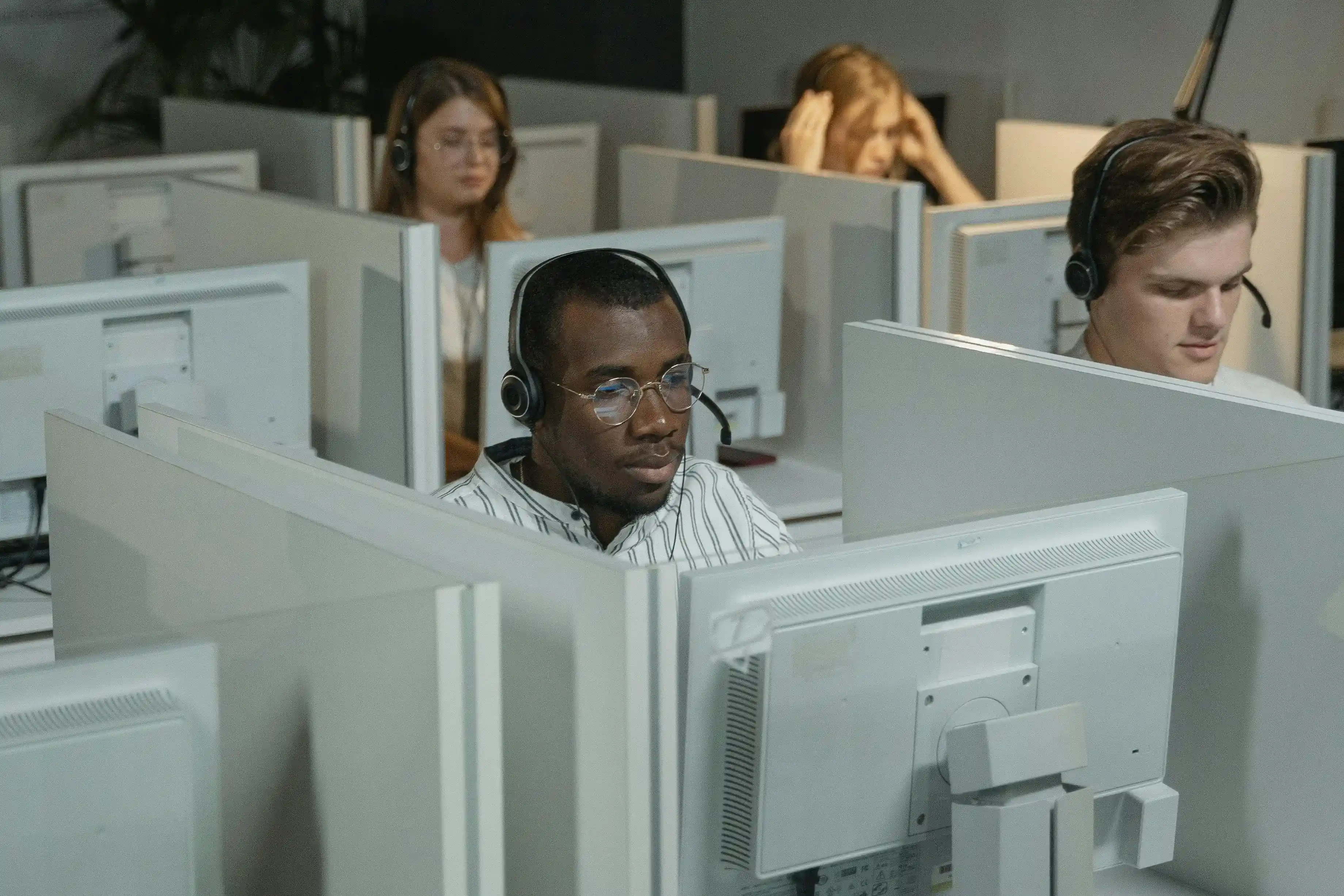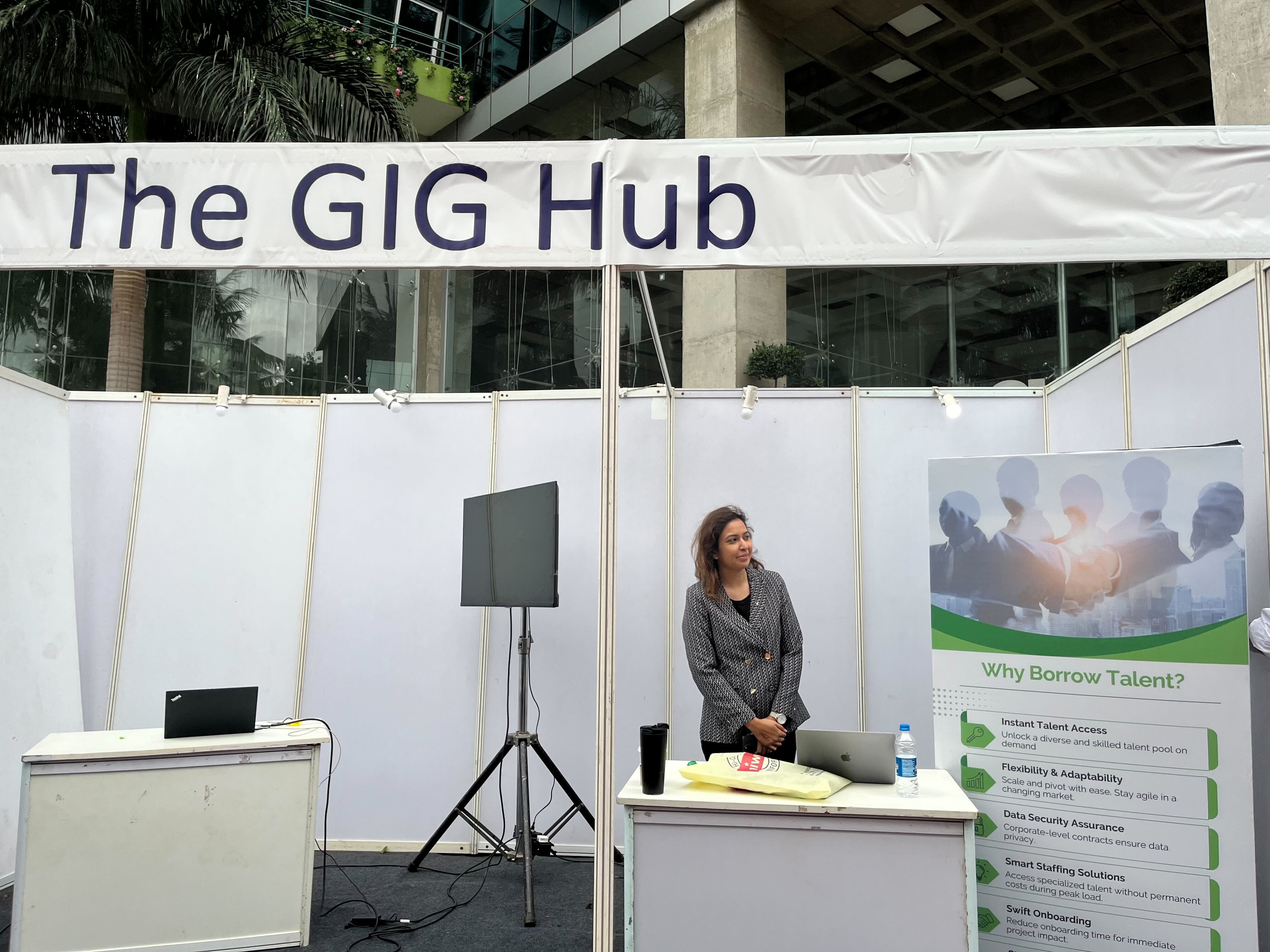Written by: Rohit Mathur
28/05/2018
5 minutes read
![eye]() 125
125
![share]() 0shares
0shares
Predicting the future has always been humankind's endeavour—whether through tarot cards and numerology or through business forecasts and scientific research. The latest frenzy is to predict the future of work. Industry experts say that by 2021 over one-third of skills (35%) that are considered important in today's workforce would have changed. By 2020, the Fourth Industrial Revolution would have brought us advanced robotics and autonomous transport, artificial intelligence and machine learning, advanced materials, biotechnology, and genomics. All this will transform the way we live and work. What is certain is that the future workforce will need to align its skillset to keep pace.
A stable career in a company is steadily becoming a thing of the past. We are also bound to see more job-hopping, layoffs, and redundancies.
It is no surprise that global thought leaders from eminent industry forums like the World Economic Forum and International Labour Organisation have been publishing reports on issues such as the future of jobs, future of the workplace and future of skills, to name a few. We are constantly painting a picture of how the future workplace will look because it will also impact those who are part of today's workforce. To get a bird's eye view of changes, it's important to understand the trends that have impacted work in the recent decades and will continue to do so.
A 2015 study by McKinsey concluded that companies in the top quartile of gender diversity were 15% more likely to have financial returns that were above their national industry median, and would enjoy 35% higher returns with racial and ethnic diversity. This along with the emergence of a multi-generational workforce is leading to a new breed of workers.
We are now living in a time of hyper-connectivity, where communicating with anyone on the globe is not only possible but accessible to the masses, free of cost through technology innovations in the area of instant messaging. In fact, technologies such as virtual reality are all set to further break down distance barriers and allow seamless interactions, thereby potentially making physical offices redundant.
Eco-political scenarios are also impacting the larger work environment. A 2016 BCG study assessed that 60% of 'Global Challengers' are from China, India, South East Asia and Russia. These markets are expected to account for one-third of global consumption by 2020. This globalization has had a profound effect not only on the opportunities and mobility for employees but also an increase in the strategic importance of resources in developing nations.
So what does the future have in store for all of us?
Soft skills such as social intelligence, design mindset, critical thinking and sense-making, cross-cultural competency and virtual collaboration will be more important than industry expertise and analytical skills.
Increase in mobile internet speeds and cloud technology is leading to more business processes getting executed through handheld devices. Advanced computing, big data technologies, biotechnology, genomics, artificial intelligence and machine learning are just a few path-breaking technologies that are re-defining industries and business models. The further evolution of these technologies is bound to change the nature of jobs, processes at work and even give rise to new industries altogether. The average lifespan of a company(listed in the S&P 500 index of leading US companies) has decreased from 67 years in the 1920s to just 15 years today. In India, we can see the IT industry facing the heat for not keeping up with upcoming technologies, thereby facing a threat of getting disrupted.
The fast pace of innovation is bound to weed out laggards who can't keep up with changes in technology and business models. A stable career in a company is thus steadily becoming a thing of the past. We are also bound to see more job-hopping, layoffs, and redundancies. Training and skilling of the workforce will be more important than ever. While professionals need to factor this in during planning of their careers, governments of the future would need a major focus on re-skilling and up-skilling of the mass workforce.
As of 2016, India had 15 million freelance workers, the second largest in the world, next only to the USA.
Moving beyond Uber and Airbnb, the sharing economy is bound to change the way professionals seek and find work. Professionals are increasingly choosing the flexibility and freedom of the independent work model. As of 2016, India had 15 million freelance workers, the second largest in the world, next only to the USA. These freelancers already execute 40% of all independent work globally. If experts from the WEF are to be believed, flexible work is slated to be a mega-trend of the 21st century and we are bound to see it affecting how professionals choose and plan their careers
Such a scenario collectively will also have a lasting impact on leaders who will drive the workplaces of tomorrow. As per research studies, soft skills such as social intelligence, design mindset, critical thinking and sense-making, cross-cultural competency and virtual collaboration will be more important than industry expertise and analytical skills.
While we continue to predict, only time can tell what future holds for us. All we can say for sure is that tomorrow will be very different from today.








 `
`  125
125
 0shares
0shares





